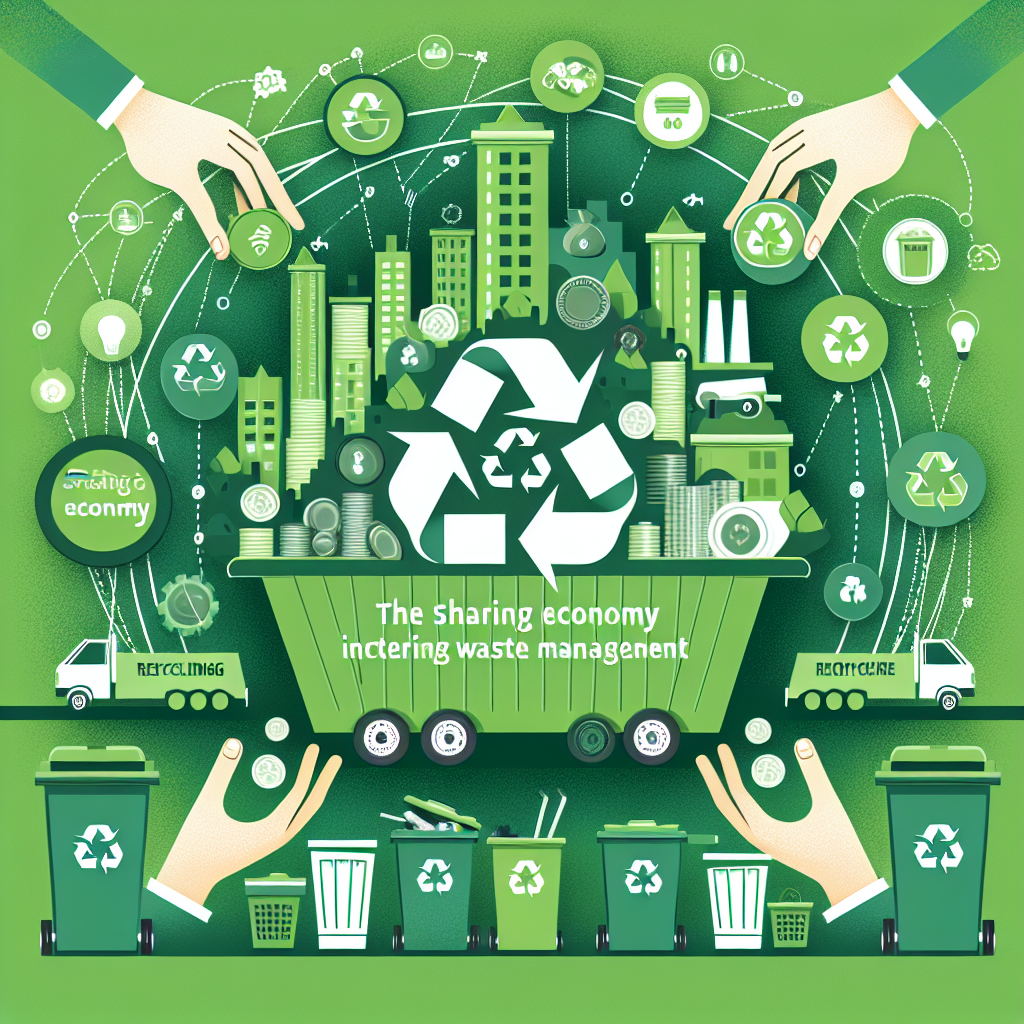Blog Ecobraz Eigre

"How the sharing economy is entering waste management"
Introduction to the sharing economy in waste management
The sharing economy has emerged as an efficient solution for optimizing resources and reducing waste in waste management, especially in the corporate and institutional context. This approach aims to increase the reuse, exchange and collective utilization of discarded materials, promoting sustainability and legal compliance.
Legal foundation and public policies
The National Solid Waste Policy (Law No. 12.305/2010) establishes shared responsibility for the life cycle of products, encouraging the implementation of mechanisms that guarantee the proper management of waste, including reverse logistics actions and partnerships between different actors. The National Solid Waste Management Information System (SINIR) offers guidelines for integrating processes and fostering innovative initiatives, such as those aimed at the sharing economy.
Sharing economy models applied to waste management
In practice, the sharing economy in waste management materializes through digital and physical platforms that enable the reuse, exchange and redistribution of materials and equipment after initial disposal. Examples include cooperation between sectors to share temporary storage areas, sorting and logistics equipment, as well as the controlled circulation of recoverable materials.
Operational and environmental benefits
This model promotes a reduction in the volume sent for final disposal, lowers operating costs related to collection and treatment and strengthens engagement between the parties involved. It also contributes to reducing greenhouse gas emissions and energy consumption, in line with the goals of environmental programs and current environmental certifications.
Challenges and technical aspects
It is essential to guarantee the traceability of waste and reused materials to ensure compliance with legal obligations and mitigate environmental and safety risks. In the specific case of electronic waste management, it is recommended to use specialized technical references and to schedule collection correctly, such as the service available at https://ecobraz.org/pt_BR/eletronicos. For safe disposal of hard drives and digital media, the ideal procedure should follow professional digital sanitization protocols, with the possibility of scheduling at https://ecobraz.org/pt_BR/sanitizacao-de-hd.
Technological integration and future trends
The adoption of management systems integrated with Artificial Intelligence and the Internet of Things (IoT) strengthens the shared economy, enabling real-time data analysis, better planning and optimization of collection routes. The support of public bodies and compliance with technical standards, in accordance with guidelines from CETESB and the Chamber of Deputies, boost the effectiveness of these initiatives.
Conclusion
The sharing economy represents a significant advance in waste management, favoring sustainable development and regulatory compliance. The implementation of collaborative and technological practices is essential to maximize efficiency, guarantee safety and strengthen the environmental commitment of public organizations and institutions.

Deixe um comentário
O seu endereço de e-mail não será publicado. Campos obrigatórios são marcados com *